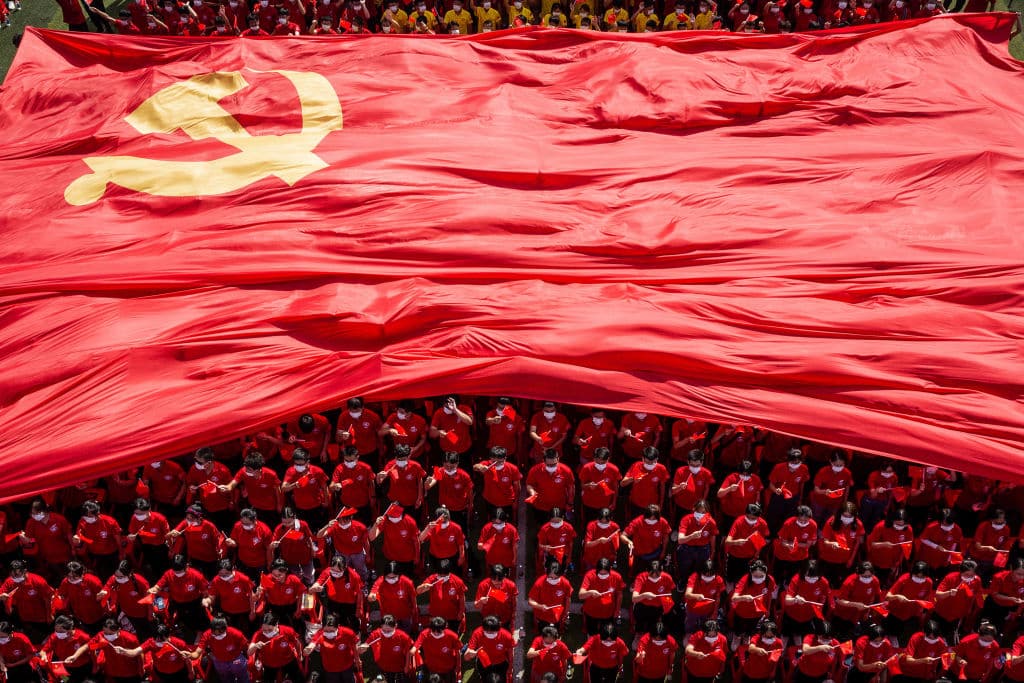The sudden reversal of China’s “zero Covid” policy, in part due to intense resistance inside the country, is raising the heat on President Xi’s new lease on power, testing his resolve – and his regime’s stability – like nothing has in the last thirty years.
China’s strategy against Covid has invited significant criticism from the very beginning of the pandemic. First, it was widely ridiculed for downplaying the severity of the outbreak in Wuhan late in 2019. But as the Chinese New Year approached in early 2020, the regime had to confront the potential cost of continuing the charade; this led to the beginning of China’s now-infamous “zero Covid” policy.
By shutting down the country’s vast metropolitan centers, shuttering civilians inside their homes under fear of arrest, and wielding the most invasive surveillance technology in the world, Chinese officials believed they were on a course to defeat the coronavirus. But, how long could the Chinese people stomach these protocols?
As the rest of the world came to learn how to live alongside the virus, Xi’s government seemed uninterested in following suit. Domestic Chinese vaccines were middling, to put it lightly, and his refusal to allow Western vaccines into the country meant Xi had to double down on taking covid to zero the same way it had been: with extreme lockdowns and quarantine procedures.
Discontent began to bubble up across China as societies around the world returned to varying levels of normalcy while the intense zero Covid measures persisted at home. The Communist regime’s policies weren’t just aggravating people, they were inflicting serious damage on the Chinese economy, and costing lives almost as a matter of course.
As recently as the closing days of November of this year, according to new reporting from the New York Times, Chinese officials were saying to “be resolute in fighting and winning this war of annihilation against the pandemic” and state-media were calling Xi’s approach a “magic weapon for victory.” But by early December, Xi and his government completely abandoned the magic weapon and opted for complete disarmament.
The timing of Xi’s strategic change has raised questions about his government’s ability to maintain the trust its citizens had long been willing to give. Decades of rising standards of living often overshadowed the cost of human rights abuses and state-sanctioned violence against dissidents. Just preceding the policy change, protests erupted across China demanding an end to the severe and destructive lockdowns. The pandemic and the Chinese government’s subsequent response to it, however, seems to have evaporated much of the good will that had been bought since the bloody Tiananmen Square protests of 1989.
China’s economy, critical to global supply chains and markets, was also taking immense hits from these lockdowns as well; some financial experts argued that it has hastened the pace of Western-aligned countries decoupling their economies from China’s.
Xi’s change of pace on Covid is thrusting China into a new era where Xi’s power is more consolidated within the Communist Party than ever while also being more vulnerable to popular will than ever before. The Times suggests that Xi is finally becoming open to allowing Western vaccines into the country, but whether that will be enough to blunt the virus as the country opens back up remains to be seen.

